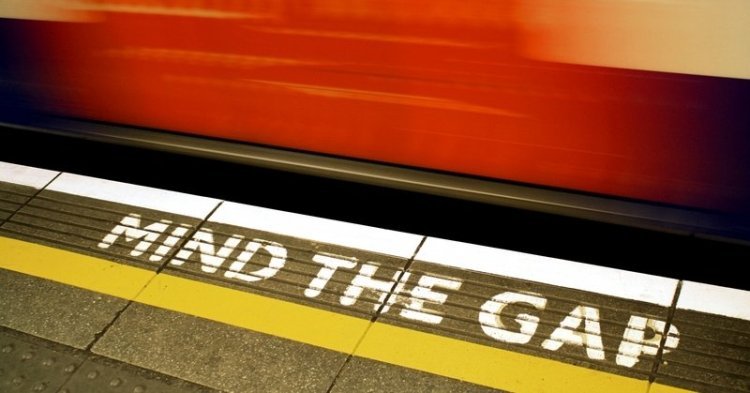Talking about the gender pay gap, especially in the European Union, may seem like a discussion of the past. The EU embodies the idea of human rights as one of its fundamental aspects, yet inequalities still lurk in the shadows plaguing those who find it difficult to speak out, for fear of losing their occupation. In the white noise of society, it’s hard to single out the truth, and I myself thought that this obstacle had been conquered. That a woman should be paid the same amount an hour for doing the same job was so obvious to me that I took it for granted that the problem was laid to rest. That is until I came across the shocking statistics from Eurostat, reporting that in 2016, women in the EU were earning an average of 16% less than men. The largest gap is in Estonia, at 26%, yet even highly developed countries such as Germany face this harrowing obstacle at 22%.
Such injustices are seen in other aspects of work too. Men are promoted at a higher rate than women, oftentimes due to the fact that they are not entitled to long-term maternity leave. The fact that as a society we are content to discriminate against women for carrying out an essential aspect of life is utterly reprehensible. Furthermore, women may refrain from applying for such positions because our patriarchal society dictates that women should stay at home caring for their families whilst men must become breadwinners.
A local perspective
In Malta, people find it very hard to reverse these roles, leaving women who want to progress in their careers unable to do so because they feel that they are abandoning their families when in truth it is not the case. The confluence of these factors means that the gender pay gap is oftentimes not solely a result of less pay for equal work. However, I do not buy into the argument that this invalidates the statistic; rather, it should highlight the worrying issues that keep women from reaching that equal work, and help us push towards solutions.
The gender pay gap in Malta stands at 11%, which is a high percentage for such a small country where government policy should take less time to filter through to daily life. Much has been done already to decrease the gender pay gap, including campaigns and new legislation. However, a momentous transformation can only be brought about by an alteration in the mentality of society and its behaviour. It is only through the widespread knowledge of this abuse that there can be a substantial change to eliminate the problem.
However, we should not ignore the fact that we have experienced significant improvements in the reduction of the gender pay gap. In Malta, as well as in other countries around the EU, free childcare centres have been introduced by the government. Through this commodity, mothers can go to work without worrying about their children. There has also been an increase in paternity leave, thus ensuring more workplace flexibility, an issue that is important for men too. The importance of teleworking and flexible hours is being emphasised as it can help increase productivity for businesses. It is also high time that we addressed the issue of pay transparency. We cannot expect to right the parity in wages when it is almost impossible to know who is earning what. It should be up to the European Union to legislate on this matter, to ensure the rights of its citizens are upheld, and that all legislation on gender parity is manifestly enforceable. Through such legislation, the gender pay gap becomes self-correctable.
The way forward
Nevertheless, we cannot be satisfied with piecemeal change. Such inequalities must be tackled on a global scale and whilst many movements, groups and legislatures have tried to eradicate this injustice, it is clearly not enough. More work has to be done so that legislators take this matter to heart, organisations make it a priority, and employers who practice such an unacceptable activity realise the error of their ways. I am not the first one to speak up against this injustice and I will surely not be the last. This fight cannot and should not stop until every person is born equal and lives in this equality for the entirety of their lives.
If there is even one person who is living this injustice or who feels encumbered by such inequalities, I urge them to speak out and voice their opinion. In time, the world will listen, it will change its archaic ideals and that average of 16% in the European Union will drop to a fulfilling zero.


Follow the comments: |
|
